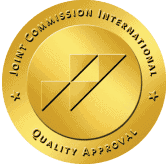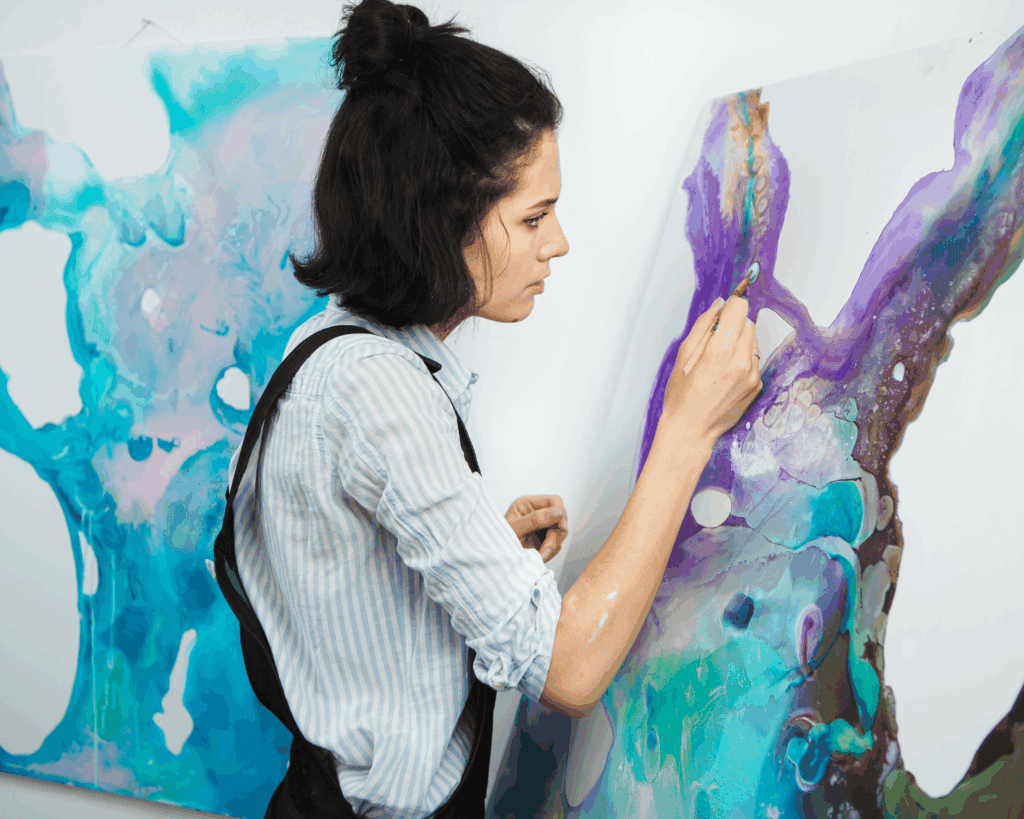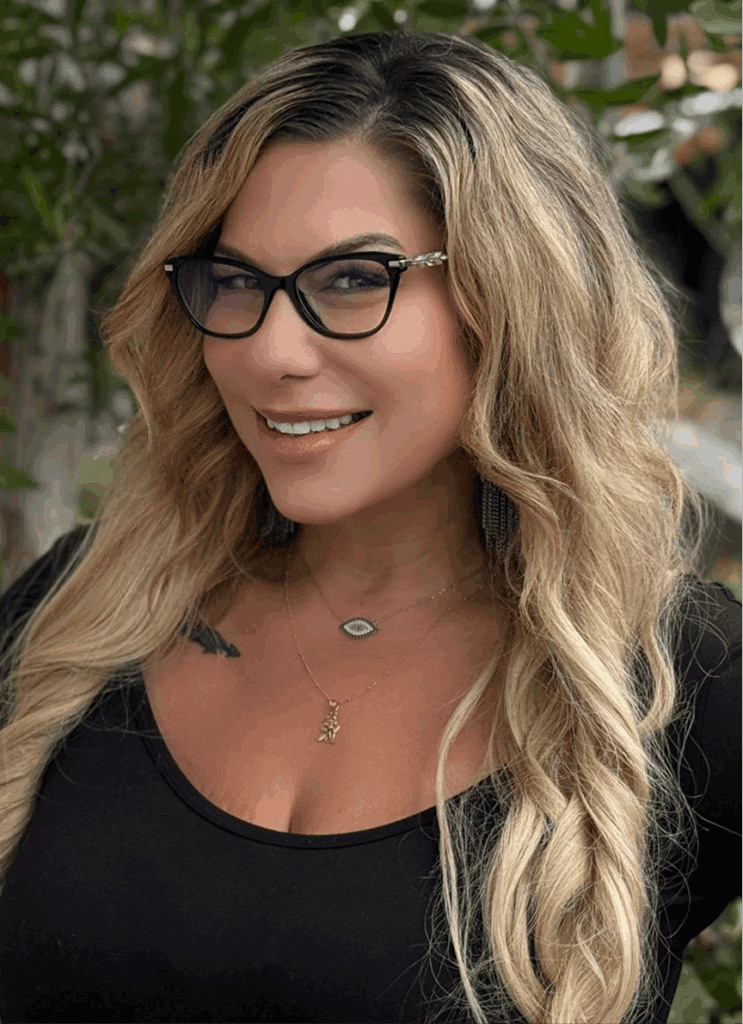Art, music, and movement tap into areas of human experience that words alone cannot always reach. A painting, a song, or a gesture may evoke emotion long before a person can explain why. Expressive arts therapy draws on that instinctive response, helping individuals release emotion, discover insight, and reconnect with themselves through creative exploration.
Creative engagement offers more than momentary relief. It gives form to experience—through color, shape, sound, and story—and allows space for new meaning to emerge. Clients do not need to be “artistic” to benefit from this process. The therapeutic value lies not in the final product, but in the act of making, experimenting, and expressing.
Creativity itself, defined as the formation of something new and personally meaningful, can be a catalyst for healing. It enables clients to process past experiences, construct new narratives, and explore identities beyond addiction or illness. In this way, expressive arts therapy promotes both emotional well-being and imaginative growth, fostering long-term resilience and self-understanding.
What is expressive arts therapy?
Expressive arts therapy is an integrative, evidence-informed approach that uses creative expression to support emotional healing and psychological growth. It engages the mind, body, and spirit through art, music, dance, drama, and writing—offering a powerful alternative or complement to traditional talk therapy. For individuals who struggle to articulate their experiences verbally—such as those coping with addiction, trauma, or emotional dysregulation—expressive arts therapy provides new avenues for self-awareness, emotional processing, and meaningful change.
When expressive arts therapy may help
You might benefit from expressive arts therapy if you:
- Have trouble putting emotions into words
- Feel emotionally numb, disconnected, or overwhelmed
- Carry unresolved trauma that feels unsafe to verbalize directly
- Are drawn to creativity or have a history of artistic expression
- Struggle with traditional forms of therapy
- Seek holistic or mind-body-spirit healing modalities
- Rely on substances to escape or cope with painful emotions
- Want to explore your identity beyond addiction or diagnosis
- Experience difficulty with emotional regulation or stress
What expressive arts therapy involves
Expressive arts therapy encourages exploration across multiple sensory and artistic forms. Sessions are guided by licensed therapists and tailored to your comfort level—no artistic skill or background is necessary. This modality allows you to:
- Externalize and symbolically process difficult experiences
- Regulate emotions through structured creative activity
- Develop new neural pathways that support healing
- Increase self-understanding and narrative coherence
- Access inner resilience and strengths
- Strengthen interpersonal connection through group work
Types of expressive arts therapy
Treatment centers often offer a range of creative modalities to meet different needs:
- Art therapy: Visual arts such as drawing, painting, sculpture, or collage. Art becomes a mirror for internal experiences.
- Music therapy: Includes listening, lyric writing, instrument playing, or group drumming to regulate mood and explore emotion.
- Dance/movement therapy: Uses guided movement to reconnect with the body and process trauma stored somatically.
- Drama therapy: Role-play, improvisation, and storytelling to rehearse emotional expression and behavioral change.
- Writing therapy: Journaling, poetry, or narrative work to process experiences, organize thoughts, and rewrite personal stories.
How it supports addiction recovery
Studies show expressive arts therapy enhances outcomes for individuals in addiction treatment. Benefits may include:
- Improved emotional regulation
- Reduced anxiety, depression, and cravings
- Increased treatment engagement and retention
- Strengthened therapeutic alliance
- Greater social connection and self-esteem
- Reduced feelings of shame or isolation
- Enhanced motivation for continued recovery
This approach supports whole-person healing by addressing psychological, emotional, and somatic aspects of addiction simultaneously.
Integration within treatment programs
Expressive arts therapy is woven throughout multiple levels of care:
- Residential or drug rehab: Offers immersive exposure to a variety of creative modalities during early recovery.
- Partial hospitalization programs (PHP): Includes structured creative therapy sessions several days per week.
- Intensive outpatient programs (IOP): Continues as a key support during transitions into more independent living.
- Outpatient (OP): Provides long-term therapeutic outlets for emotional processing and personal growth.
What to expect in sessions
Expressive arts therapy sessions take place in safe, nonjudgmental environments. You may work individually or in groups, depending on your treatment plan. Activities are guided by your therapist and may include:
- Creating visual art, music, or movement
- Processing experiences symbolically, not verbally
- Engaging in collaborative creative exercises
- Reflecting on themes that arise through artistic expression
The goal is not to produce “good” art, it’s to access emotion, process safely, and support your recovery.
Frequently asked questions
No. The therapeutic value lies in the creative process itself, not in talent or skill.
Yes. It complements cognitive-behavioral therapy (CBT), dialectical behavior therapy (DBT), medication-assisted treatment (MAT), and other evidence-based approaches.
Emotional responses are natural and welcomed. Your therapist will support you in processing safely and respectfully.
Many people feel calmer and more connected after a few sessions. Deeper healing may unfold over time with consistent engagement.
Begin creative healing at Assure Recovery
At Assure Recovery, expressive arts therapy is an integral part of our compassionate, individualized care. We believe healing happens through connection, expression, and safe exploration of the self. You deserve treatment that honors every part of who you are. Call (833) 530-0291 or contact us here to learn more about how creative therapy can support your recovery.



